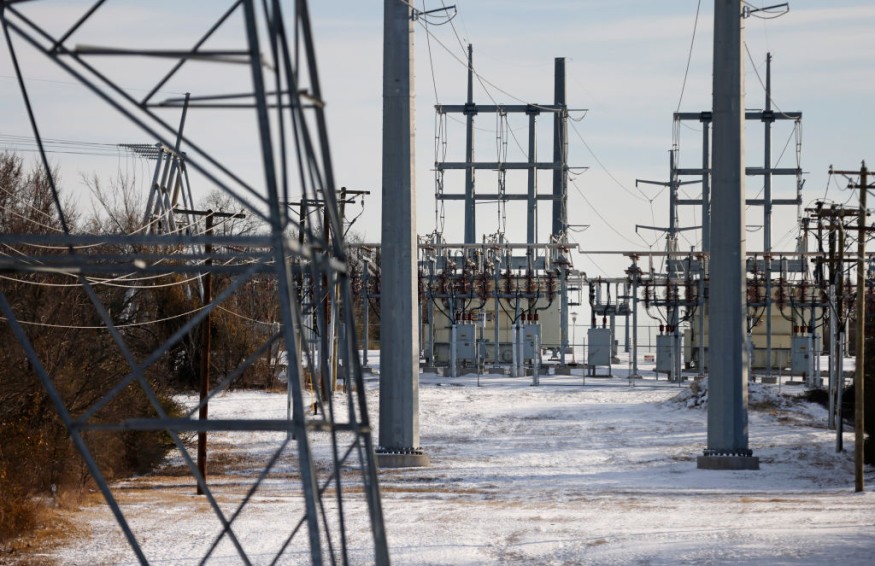Operators at oil refineries, chemical manufacturers, and petrochemical plants across Texas, mainly throughout the upper Gulf Coast, alerted state regulators that, thanks to the winter storm last week, they might have leaked millions of pounds toxins and greenhouse gases into the air.
The Arctic freeze in Texas took the lives of many Texans, and thanks to blackouts caused by the state's grid, more than 4.5 million consumers were without electricity for days last week.
In the harsh weather, plants that stumbled offline prompted the Texas Electric Reliability Council to order power outages to prevent overloading the grid.
Pollution Amidst the Calamity

Industrial plants, particularly those that manufacture goods produced from oil and natural gas, such as gasoline, diesel, and plastic building blocks, are often affected by storms and power outages.
According to an overview of research by the Texas advocacy organizations Environmental Protection Fund, Climate Texas, and Air Alliance Houston, these plants spewed 3.5 million pounds of extra waste into the air after the power crisis.
That's about the same amount of air pollution emitted last summer during Hurricane Laura, when, according to the Houston Chronicle, facilities in the Beaumont and Port Arthur areas reported releasing an unprecedented 4 million pounds of pollutants.
To keep employees safe, stop spills, and deter much worse pollution, manufacturing plants usually shut down in advance of hurricanes. Many plants did the same before Winter Storm Uri. Still, many toxins and climate-warming greenhouse gases such as nitrogen oxides, carbon dioxide, and volatile organic compounds were also triggered by emergency shutdowns.
Chemical plants and refineries usually emit emissions well past what their state allows when they burn off waste gases during emergency shutdowns and eventual re-starts after a storm passes.
Power outages and system faults have also lead to unnecessary pollution, businesses told the state in their surveys.
According to the study, approximately 200 facilities in 54 counties recorded excess pollution between Feb. 11 and Monday.
Unpreparedness

Elena Craft, senior director of climate and health at the Environmental Protection Fund, said in a statement that Texas is not preparing for too severe weather, and the state's inability to plan is damaging communities, including those near high-risk chemical plants.
Because of the legacy of government-imposed apartheid and income disparities, which have resulted in unequal health effects from air pollution for Black and Latino people, communities surrounding manufacturing facilities are mostly majority Black and Latino in Texas.
One study by researchers from the University of Washington and the University of Minnesota showed that the Back and Hispanic communities experience more than 50 percent more emissions than they create. In contrast, white populations experience 17 percent less pollution than they produce.
Overall Report
According to a storm report by the Environmental Protection Agency, the Texas Commission on Environmental Quality, the state's environmental regulatory agency, recorded power problems at 39 of its more than 200 air quality monitors, including 14 in Houston. According to the TCEQ, the monitors were all operational as of Sunday. This week, the department deployed extra mobile air sampling vans to sample contaminants.
For the latest weather updates, don't forget to follow Nature World News!
© 2025 NatureWorldNews.com All rights reserved. Do not reproduce without permission.





